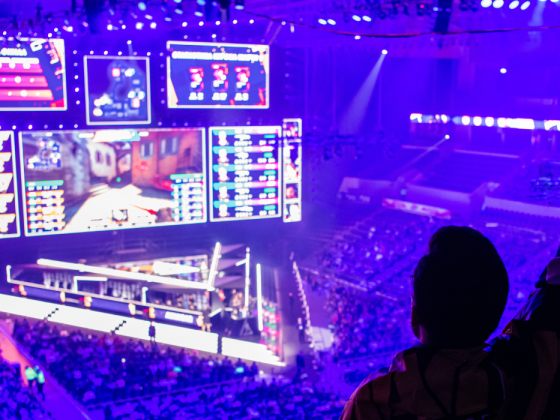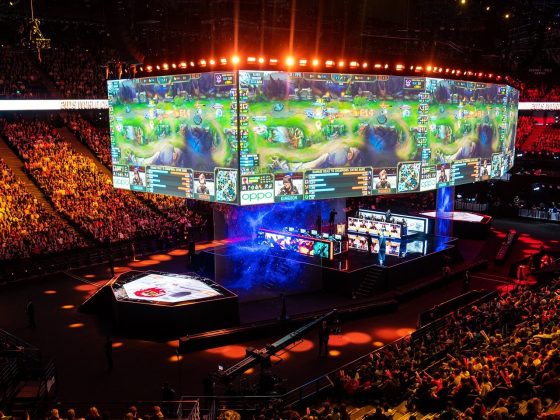The gaming industry has undergone a remarkable transformation in recent years, with one of the most significant driving forces being the rise of eSports. Esports, short for electronic sports, has evolved from a niche subculture into a global phenomenon that is shaping the gaming landscape in profound ways. In this article, we will explore the impact of eSports on the gaming industry, highlighting the latest trends and innovations that have emerged as a result.
The Explosive Growth of eSports
Esports refers to competitive video gaming, where professional players and teams compete in various titles for cash prizes, sponsorships, and recognition. This competitive aspect of gaming has been around for decades but has gained unprecedented momentum in the 21st century. Here’s how it’s impacting the gaming industry:
1. Mainstream Recognition
Esports has broken into the mainstream, with major media outlets covering tournaments and competitions. This mainstream recognition has brought a new level of legitimacy to competitive gaming, attracting sponsorships and investments from major corporations and celebrities.
2. Increased Revenue Streams
The eSports ecosystem has become a lucrative industry with multiple revenue streams. These include advertising, merchandise sales, ticket sales for live events, and media rights deals. Game developers and publishers have also capitalized on this trend by releasing titles with a strong focus on eSports.
3. Innovation in Game Design
Esports has driven innovation in game design. Developers are now creating games with competitive modes and balance in mind, aiming to establish a competitive scene for their titles. The popularity of games like League of Legends, Dota 2, and Overwatch can be attributed in part to their strong esports presence.
Emerging Trends in eSports
As eSports continues to grow, several trends are shaping its future:
1. Mobile eSports
The rise of mobile gaming has led to the emergence of mobile eSports titles like PUBG Mobile and Call of Duty: Mobile. These games have massive player bases and are becoming important players in the esports arena.
2. Diversity and Inclusion
Efforts are being made to promote diversity and inclusion in esports. Organizations are encouraging women and underrepresented groups to participate, aiming for a more inclusive and diverse competitive scene.
3. Virtual Reality (VR) Esports
Virtual Reality has the potential to revolutionize esports by providing immersive experiences. Games like Beat Saber and Echo Arena are leading the way in VR esports, offering a glimpse into the future of competitive gaming.
Innovations in eSports Broadcasting
The way esports events are broadcasted has also seen innovations:
1. Augmented Reality (AR)
AR is enhancing the viewing experience by overlaying graphics, statistics, and other information onto the live broadcast. This makes it easier for viewers to follow the action.
2. Interactive Streaming
Streaming platforms like Twitch and YouTube Gaming allow viewers to interact with their favorite players and teams in real-time. Viewers can chat, donate, and even play with their favorite streamers, creating a unique and engaging experience.
The Future of eSports
The impact of eSports on the gaming industry is undeniable, and its future looks incredibly promising. As technology continues to advance, we can expect even more innovations in the world of competitive gaming.
Virtual reality, augmented reality, and 5G connectivity are likely to play significant roles in shaping the future of eSports. These technologies will enable more immersive gameplay experiences, real-time interactions, and even greater global participation.
In conclusion, eSports has become a driving force in the gaming industry, reshaping the way we play, watch, and think about video games. Its growth shows no signs of slowing down, and as new trends and innovations continue to emerge, the future of eSports looks brighter than ever.









